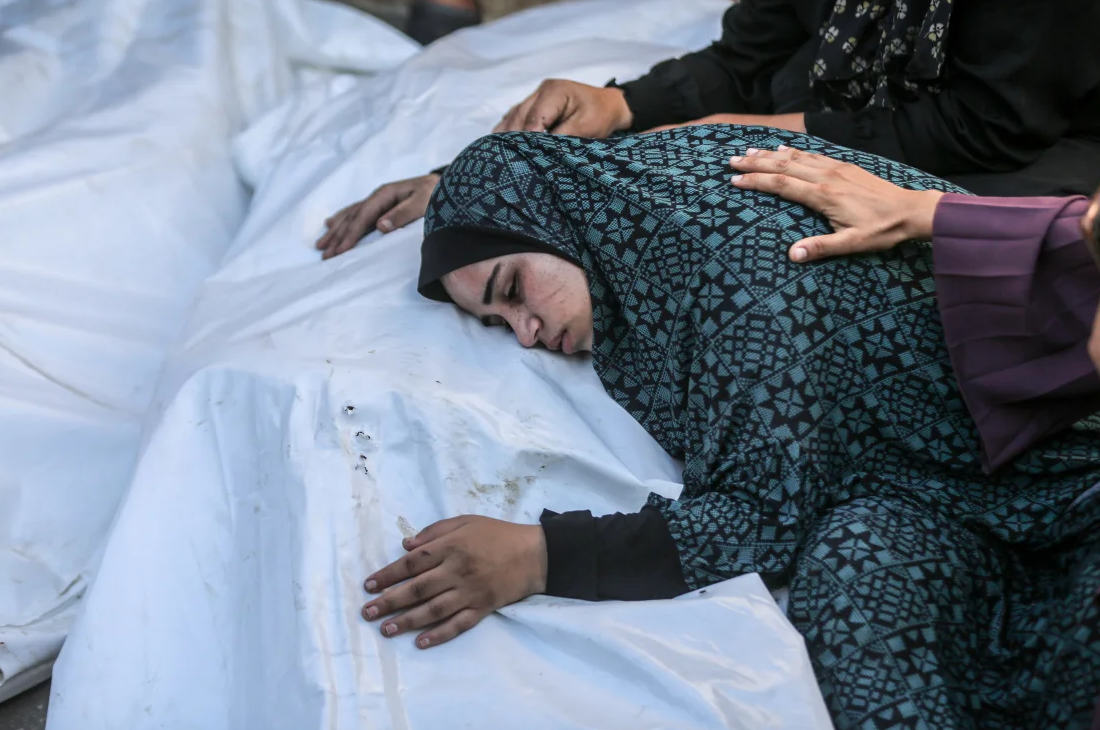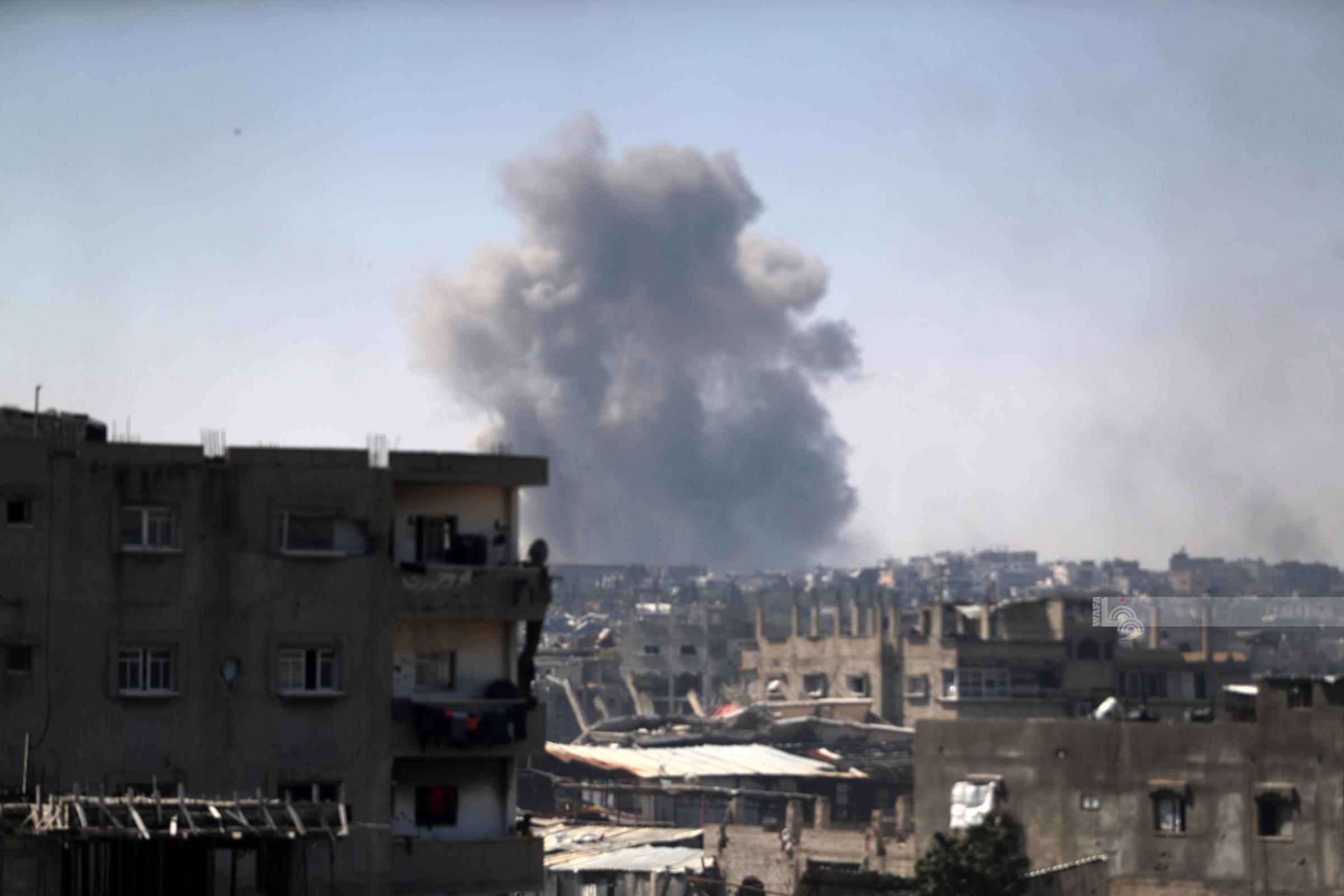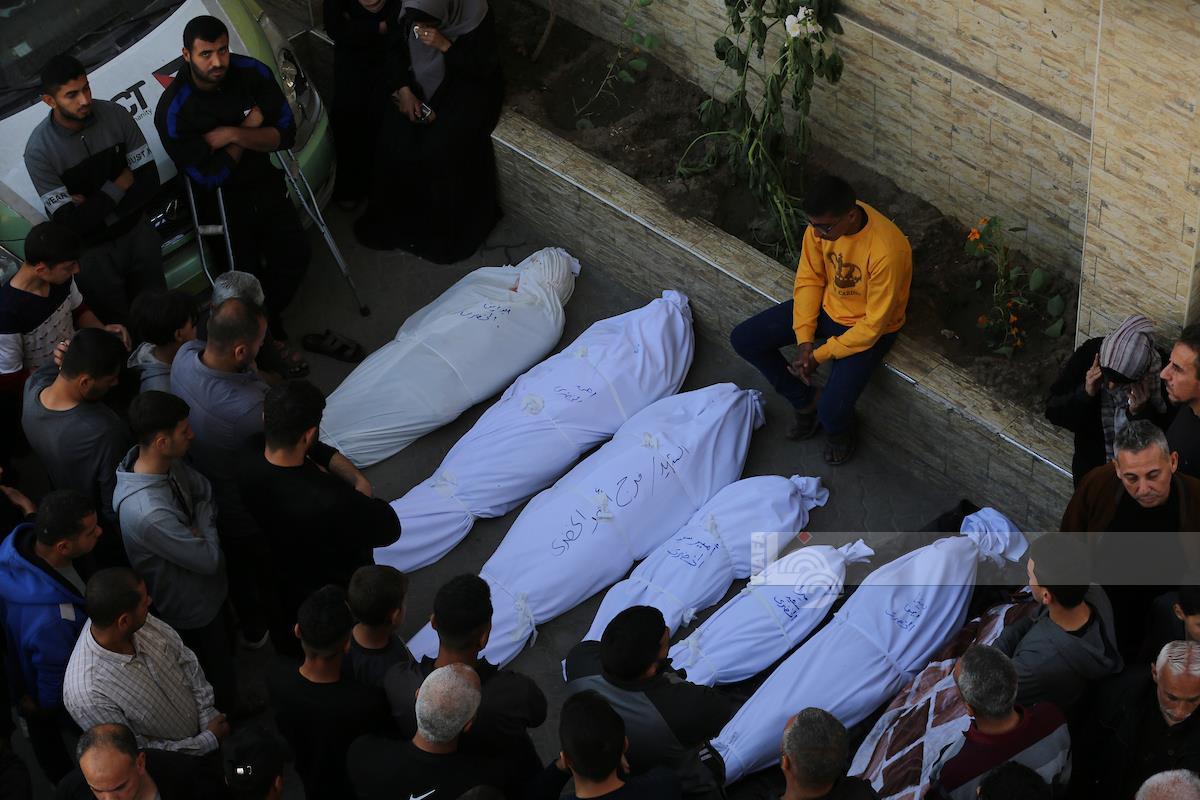RAMALLAH, October 18, 2011 (WAFA) - Defence for Children-Palestine Section appealed urging the Israeli authorities to release all Palestinian children currently held in detention, according to an appeal posted Monday on DCI website.
As part of the prisoner exchange deal, the Israeli authorities released Tuesday 477 prisoners, including 27 women. The released did not include any children, the appeal said.
On Sunday, 16 October 2011, the Israeli authorities published a list of 477 prisoners, including 27 women, to be released in the first stage on 18 October. The list does not include any children. DCI-Palestine cannot confirm how many children, if any, will be released at the second stage in December 2011.
On 11 October 2011, Israel and Hamas announced a deal to release Palestinian prisoners in exchange for the freeing of Israeli soldier, Gilad Shalit. Under the deal a total of 1,027 Palestinian prisoners are to be released in two stages beginning on 18 October, and concluding two months later.
It said that according to the latest figures released by the Israeli Prison Service and DCI-Palestine, at the end of September there were 164 Palestinian children (12-17 years) in Israeli detention facilities, including 35 young children between the ages of 12–15 years. Seventy-six of these children have been sentenced, whilst 88 children are being held in pre-trial detention.
Each year approximately 700 Palestinian children (12-17 years) from the West Bank are prosecuted in Israeli military courts after being arrested, interrogated and detained by the Israeli army, police or security agents. It is estimated that since the year 2000, around 7,500 Palestinian children have been detained and prosecuted in the system. Credible reports of torture and/or ill-treatment during the arrest, transfer and interrogation stages in the system have persisted for years. The majority of these children are charged with throwing stones.
The ill-treatment starts at the moment of arrest, when many children report experiencing terrifying night-time raids on the family home, before being tied, often painfully so, and blindfolded. The destabilising effect of these night-time arrests is compounded by the fact that few parents are informed where their child is being taken to, often in the middle of the night.
The common experience of many children is that the journey to the interrogation centre is routinely accompanied by further suffering, either because of the way the child is restrained, or because of further physical or verbal abuse.
The transfer process can take many hours and often includes intermediate stops at settlements or military bases where further ill-treatment occurs, including in some cases, prolonged exposure to the elements, and a lack of water and toilet facilities. On arrival at the interrogation centre, children are questioned alone and rarely appear to be informed of their rights, particularly the rights against self-incrimination.
The interrogation techniques frequently include a mix of intimidation, threats and physical violence with a clear purpose of obtaining a confession, which in some cases, are written in Hebrew, a language few Palestinian children understand. Once the interrogation stage of the system is concluded, the majority of children remain in pre-trial detention awaiting their prosecution before a military court.
F.R.












